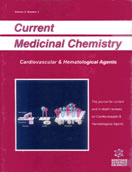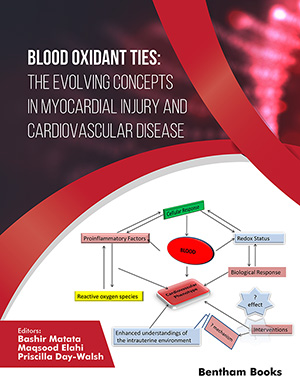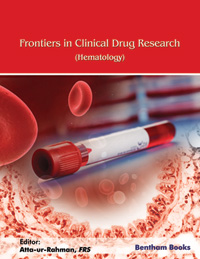Abstract
HIV infection is associated with a myriad of hematopoietic abnormalities. Thrombocytopenia (TCP), the condition in which platelet counts fall below 150 x 103/mm3 in two or more consecutive platelet counts, is a condition frequently seen in HIV infected individuals regardless of HIV status, gender, or age. Having recently been associated with rapid disease progression, and by complicating the management of AIDS patients, thrombocytopenia has become a medical challenge, highlighting the urgent need for evidence-based treatment protocols in this area. Due to the physiopathology of HIV, therapeutic options currently available for TCP in this already vulnerable population are severely limited. Whereas clinicians often intervene to prevent life-threatening, thrombocytopeniaassociated outcomes in the general population, there is no intervention protocol: for the HIV subjects. Management of the condition seems to be the norm for these individuals. As a result, thrombocytopenia in HIV is a subject that is in urgent need of re-examination. In this review, the importance of thrombocytopenia and current knowledge regarding the physiopathology of HIVassociated thrombocytopenia is discussed, and an overview of current and under-investigation treatment approaches to this adverse hematological condition is provided.
Keywords: thrombocytopenia, hiv/aids, platelets, cytokines, interleukins, immunotherapy
 7
7













